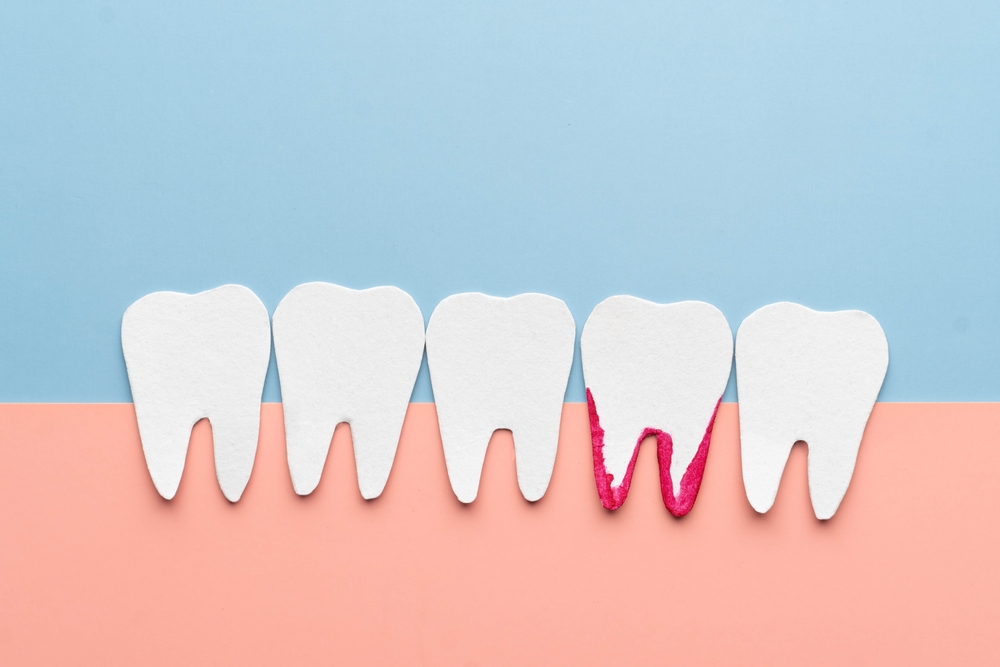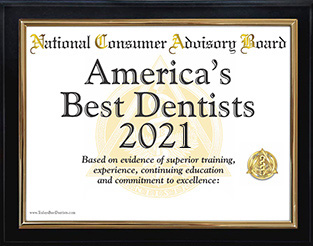
Why Are My Gums Bleeding?
If you’ve ever asked yourself, “why are my gums bleeding?” you’re not alone. Gum bleeding is a common oral health concern that can be alarming and uncomfortable. While it may be tempting to dismiss it as a minor issue, bleeding gums often serve as an important warning sign of underlying dental problems. Understanding the causes, symptoms, and treatment options is key to maintaining not just oral health, but your overall well-being. In this comprehensive guide, we’ll explore the most common reasons behind gum bleeding, how to address them, and when it’s time to seek professional help.
Common Causes of Bleeding Gums
Bleeding gums can result from a variety of factors, ranging from simple irritation to serious health conditions. One of the most common causes is gingivitis, a mild form of gum disease caused by plaque buildup at the gumline. Plaque is a sticky film of bacteria that forms on your teeth, and if not removed through daily brushing and flossing, it can harden into tartar. This leads to inflammation of the gums, making them red, swollen, and prone to bleeding, especially during brushing or flossing.
Periodontitis is a more advanced stage of gum disease that can also cause bleeding. Unlike gingivitis, periodontitis involves damage not only to the gums but also to the bones and tissues that support your teeth. Without timely treatment, it can lead to tooth loss and other serious complications.
Another common culprit is improper brushing or flossing technique. Using a hard-bristled toothbrush or brushing with excessive force can damage delicate gum tissues. Similarly, aggressive flossing or snapping the floss between teeth can cause trauma to the gums, leading to bleeding.
Hormonal changes, especially during pregnancy, menstruation, or menopause, can also make gums more sensitive and susceptible to bleeding. Hormones affect the body’s response to plaque and bacteria, increasing the risk of inflammation and bleeding gums.
Underlying Health Issues Linked to Gum Bleeding
While oral hygiene habits and gum disease are the most direct causes, bleeding gums can also be a sign of systemic health issues. For instance, diabetes is closely linked to periodontal disease. High blood sugar levels can impair blood flow and immune response, making it harder for the body to fight infections, including gum infections.
Vitamin deficiencies, particularly of vitamin C and vitamin K, can lead to bleeding gums. Vitamin C is essential for collagen production and maintaining healthy connective tissue, including gums. A deficiency can result in scurvy, a condition characterized by swollen, bleeding gums and loose teeth. Vitamin K, on the other hand, plays a crucial role in blood clotting. Inadequate levels can lead to excessive bleeding, including in the gums.
Blood disorders such as leukemia or hemophilia may also manifest symptoms like gum bleeding. These conditions affect the blood’s ability to clot or the production of healthy blood cells, increasing the likelihood of spontaneous or prolonged bleeding.
Medications can be another contributing factor. Anticoagulants (blood thinners) like aspirin, warfarin, or certain anti-seizure drugs can interfere with clotting mechanisms and lead to gum bleeding, even with minimal irritation. It’s essential to inform your dentist about any medications you’re taking, especially if you notice new or unusual bleeding in your gums.
The Role of Oral Hygiene in Gum Health
Proper oral hygiene is the cornerstone of healthy gums. Neglecting your daily dental routine allows plaque to accumulate, setting the stage for inflammation and bleeding. To maintain optimal gum health, it’s important to brush your teeth twice a day with a soft-bristled toothbrush and fluoride toothpaste. Use gentle, circular motions to avoid damaging the gums.
Flossing at least once daily is equally vital. It helps remove food particles and plaque from areas that your toothbrush can’t reach, such as between the teeth and under the gumline. If you’re new to flossing or have been inconsistent, you might notice some bleeding initially. However, with consistent, gentle flossing, your gums will usually become healthier and stop bleeding over time.
Mouthwash can also be an effective addition to your oral care regimen. Look for one with antibacterial properties to help reduce plaque and prevent gum disease. However, mouthwash should never replace brushing and flossing—it’s a complementary tool, not a substitute.
Regular dental checkups and professional cleanings are crucial for preventing gum disease. Dentists can detect early signs of gum issues and provide treatments that are not available over the counter. They can also remove tartar buildup, which can’t be eliminated by brushing or flossing alone.
Lifestyle Factors and Gum Health
Your lifestyle choices can significantly impact your gum health. Smoking, for instance, is one of the most detrimental habits when it comes to your gums. It impairs blood flow, affects the immune response, and makes it harder for gum tissue to heal. Smokers are at a much higher risk for gum disease, and their symptoms often go unnoticed due to reduced blood flow, which can mask typical signs like bleeding.
Diet plays a pivotal role as well. A balanced diet rich in vitamins, minerals, and antioxidants supports gum health and overall immunity. Crunchy fruits and vegetables like apples and carrots help clean teeth naturally and stimulate the gums. Conversely, a diet high in sugar and processed foods fosters bacterial growth, contributing to plaque buildup and gum inflammation.
Stress is another factor that can influence gum health. Chronic stress weakens the immune system, making it harder for your body to fight off infections, including those affecting your gums. It may also lead to poor oral hygiene habits or teeth grinding (bruxism), which can cause additional damage to the gums and supporting structures of the teeth.
Alcohol consumption, especially in excess, can contribute to poor oral health by drying out the mouth and decreasing saliva production. Saliva plays an important role in neutralizing acids and washing away food particles and bacteria. A dry mouth can accelerate plaque formation and increase the risk of bleeding gums.
When to Seek Professional Help
While mild gum bleeding from occasional irritation might resolve with improved oral hygiene, persistent or severe bleeding should never be ignored. If you’ve been wondering, “why are my gums bleeding?” for more than a week despite proper brushing and flossing, it’s time to consult a dentist.
A professional dental exam will help determine whether you’re dealing with gingivitis, periodontitis, or another underlying condition. Early intervention can prevent the progression of gum disease and avoid long-term damage. Your dentist might recommend a deep cleaning procedure called scaling and root planing to remove tartar and bacteria below the gumline.
If an underlying health issue or medication is contributing to your symptoms, your dentist may coordinate with your physician to manage the condition holistically. In some cases, you may be referred to a periodontist—a specialist in gum diseases—for more advanced treatment.
Ignoring bleeding gums can lead to more serious complications, including receding gums, tooth loss, and even systemic infections. Moreover, emerging research suggests a link between periodontal disease and other chronic conditions such as heart disease, stroke, and respiratory infections, further emphasizing the importance of early and consistent care.
Conclusion
While the question “why are my gums bleeding?” may seem simple, the answer often requires a deeper look into your oral hygiene habits, lifestyle, and overall health. By paying attention to this important symptom and taking proactive steps, you can protect not only your smile but also your long-term health.
Need a Dentist Office Near You?
At The Smile Spa of North Jersey, LLC, we’re here to provide the personalized, high-quality dental care you deserve in a space where your comfort always comes first. Whether you’re due for a routine checkup or need more specialized treatment, our friendly and experienced team is ready to support your wellness journey every step of the way. Reach out to us today—we’d love to welcome you in, answer your questions, and help you rediscover your best smile.
Categorised in: Dental Health

